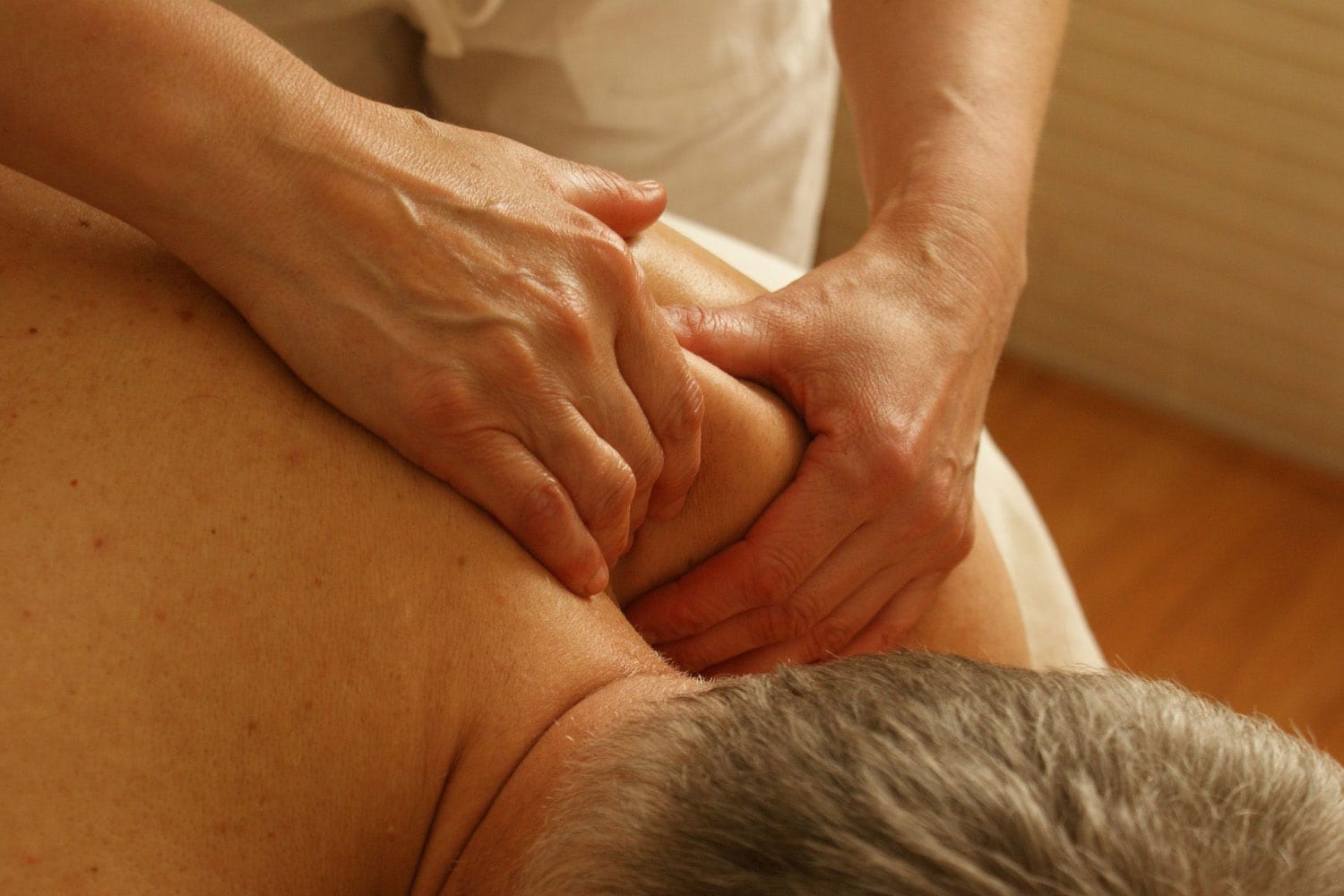The body feels the repercussions from sports at any level. You don’t have to be an elite athlete to need Sports Physiotherapy. Athletes and individuals who play sports regularly are more prone to develop sports injuries.
Some of the common sports injuries are tennis elbow, ankle sprains, muscle strains, fractures, herniated discs, knee injuries, Achilles tendonitis, dislocations, and tarsal tunnel syndrome. These injuries occur from various sports such as golf, football, basketball, netball, and tennis.
Also, sports injuries can often be caused from overuse and over training, such as runner’s knee or tennis elbow where the player pushes their body to the limit. Sports injuries can also occur due to under training or poor training practices. Not stretching and neglecting a good warm up can also lead to many injuries as the body is not prepared for the exercise.
Proper sports injury management, rehabilitation, and advice can be sought from the expertise of physiotherapists, as you will be enabled to return to your sporting activity as soon as possible following an injury.
Treatment for a sports injury will depend on factors such as how severe the injury is and the part of your body affected. Treatment goals include:
- Relieving your pain quicker
- Reducing your scar tissue formation
- Getting you back to sport or work quicker
- Improving your performance
- Prevention of future occurrences
Physiotherapy treatment techniques may include:
- Joint mobilisation and manipulation techniques to relieve stiffened joints.
- Soft tissue massages to relax tight muscles, decrease swelling, reduce tissue adhesions, or pain relief.
- Exercise prescription to enhance balance and co-ordination.
- Stretching, muscles can become tight during periods of inactivity following an injury. Stretching can help loosen these tight muscles, thus, improving your range of motion (ROM).
- ROM exercises can help improve or maintain your joint range of motion. By performing ROM exercise whenever possible, you can prevent your joints and muscle from becoming stiff. Range of motion exercises may also be combined with strengthening exercises once you have improved strength.
- Strengthening, being inactive for a long time can make your muscles weak. Strengthening them is important to achieve independence in movement. Strengthening exercises can help you maintain strength of your uninjured muscles and improve strength of your weakened muscles.
- Patient education, one of the important aspects of physiotherapy management is helping you to learn self-care. This may be in the form of exercises, strapping/bracing, learning how to modify your activity to reduce overstressing your injured part and learning self-treatment strategies.
Your physiotherapist will guide you safely back to the level of sport at which you wish to participate.



















